
More Precious than Pearls
By actively doing good deeds together with parents, the child gains twofold. He gets closer to the parent and develops a lasting personal connection to Hashem…

Two fathers with their families on Shabbat: the first spent every available second delving into his Gemara. His kids were bothering his learning, wanting him to see the coloring pictures they made of the 10 plagues. The second father was on all fours playing with his toddlers. His Gemara for the moment was shut, but his children’s smiles were wide open receiving their father’s love.
Flash forward twenty years. The first father’s children are keeping Torah with bitterness. They see the Torah world as not for them. The second father’s children however are now receiving ordination as Rabbis. They love God. What’s the difference? The second father was ‘living the Torah’ and his kids treasured it!
The Gemara in Tractate Moed Katan 9B shares an encounter between Rabbi Yonasan ben Asmai and Rabbi Yehuda ben Geirim. Their discussion was about the worth of mitzvah’s (commandments or good deeds). They came to the conclusion that in a case where a mitzvah cannot be performed through others, a person must stop his Torah learning and perform the deed. The merit of such a mitzvah is greater than Torah learning because at that moment, only that individual can do it. The reward is referred to in the Gemara as “More precious than pearls.” How does this apply to us as parents?
Children are being put aside. A common example is not taking a child to synagogue because they might distract their father’s prayers. At the home some mothers don’t allow the kids in the kitchen to prepare for Shabbat meals because of the mess. But the worst is ignoring the pleas of one’s child because one’s 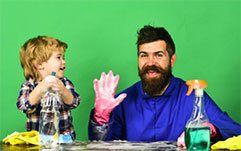 priorities in Torah growth. Think of your own example. The end result of these situations if left unchecked leads to a growing detachment between parent and child. This is why so many kids leave Torah observance. They feel disconnected to the parent and the Torah they represent because they lack a proper connection.
priorities in Torah growth. Think of your own example. The end result of these situations if left unchecked leads to a growing detachment between parent and child. This is why so many kids leave Torah observance. They feel disconnected to the parent and the Torah they represent because they lack a proper connection.
A father must set aside times for Torah learning on weekdays and Shabbat. These times need to be organized with his wife. This lets the mother be 100% with the kids. The husband can then be 100% with his Torah learning undistributed. Husbands need to set time aside to give the wife time to relax. This doesn’t mean going to the park and sitting on the bench with a Gemara. It means fully being with the kids, playing and building a connection of love. This is not ignoring the Torah, this is living the Torah. Your kids will love you more and respect your dedicated path if you give them what they need (love, affection, emotion,) not what they want (iphones, games, etc.).
An attachment style parent who observes Torah brings it to life. The Torah observance of our children is extremely precious to Hashem, more so than our own individual aspirations. Attachment-style parenting focuses on making the child feel part of the entire Torah life. Prepping for Shabbat, collecting charity for worthy causes, visiting old people, visiting holy places together. By actively doing these and other wonderful deeds, a child gains two fold. He gets closer to the parent and develops a personal connection to God that will stay with him throughout his formative years.
A child will come to despise the Torah if every attempt for closeness is rejected by a parent. Parents who rely on others to educate their kids to love Torah values are mistaken. It is all about the home. It starts with connection. Consistent resistance on the part of the parent will push the child away. Attempts to bring the child back later will be met with opposition. They will rather be with their “friends”. A parent is, was and will always be intended to be a child’s best friend. It’s our job to make it happen.
Who will show them the path if we don’t? Involve the kids to whatever extent you intuitively feel comfortable with in your Torah observance. Once we establish a strong connection with our kids from the earliest age, it becomes easier to educate the difference between right and wrong.
As we learned from the Gemara, no one can do this job but us. The merit is greater and more precious than pearls. Believe in yourself, believe in God and no less importantly believe in your kids.


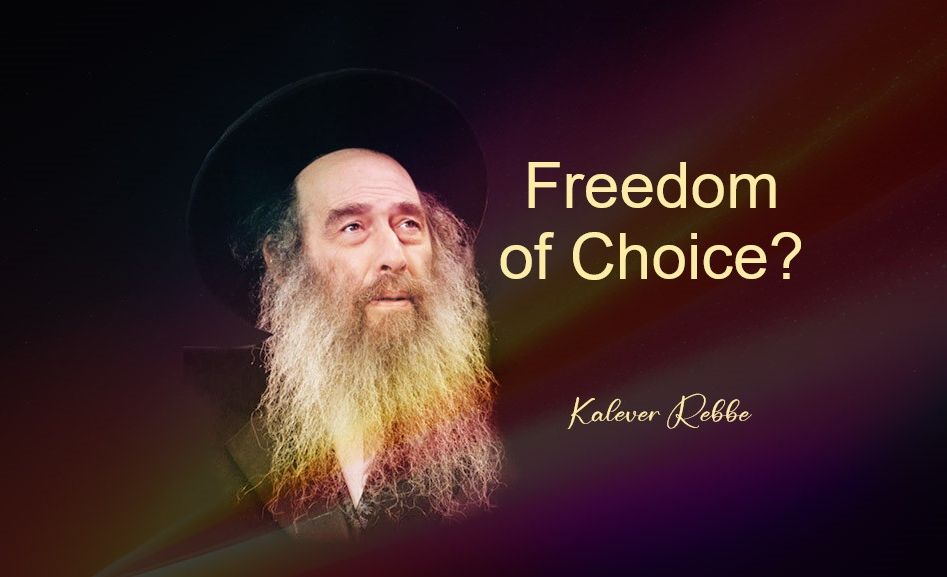


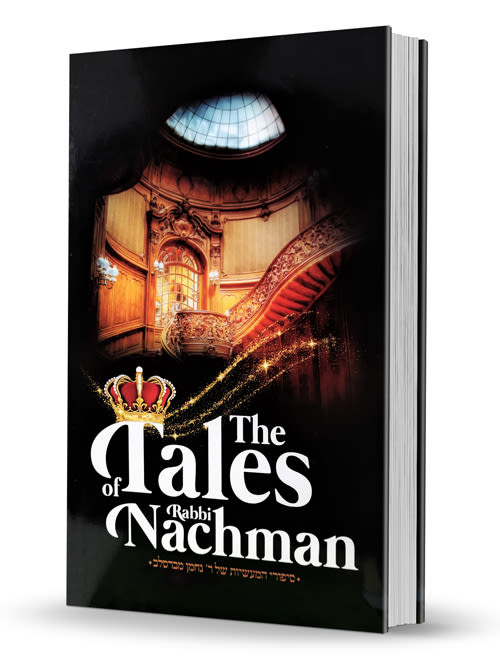
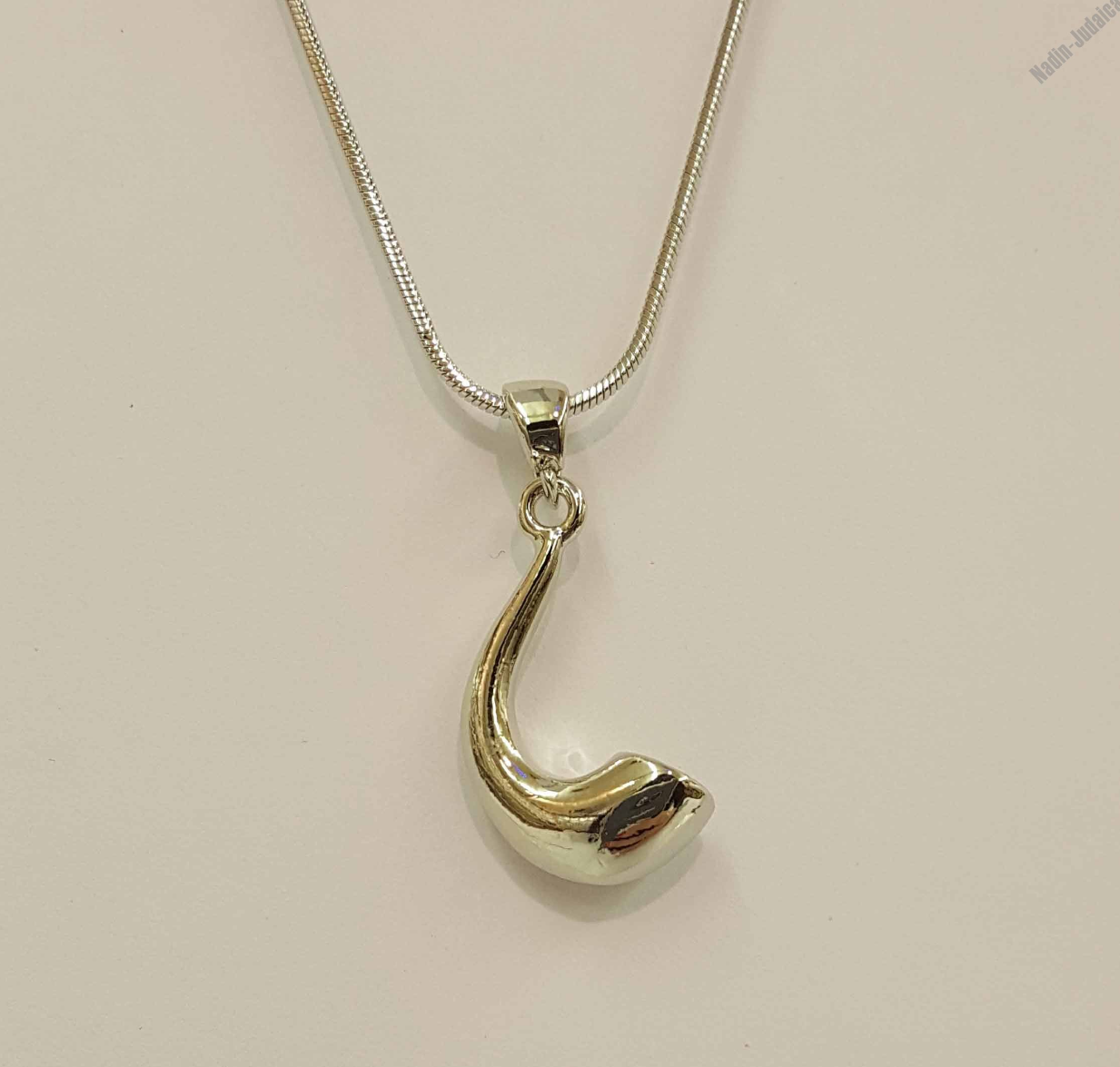

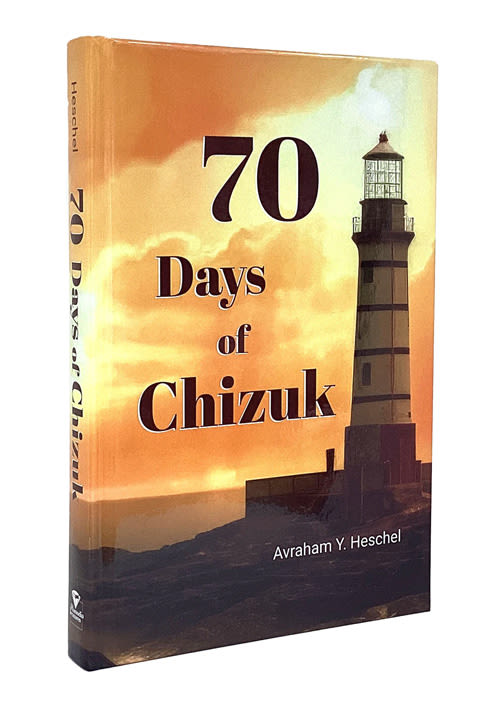
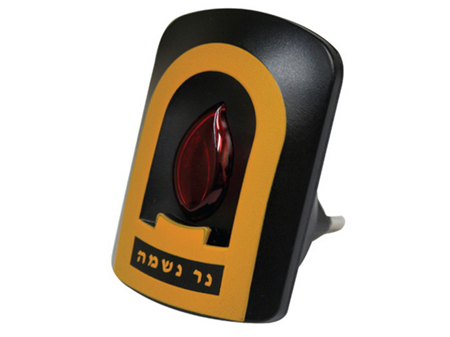
Tell us what you think!
Thank you for your comment!
It will be published after approval by the Editor.